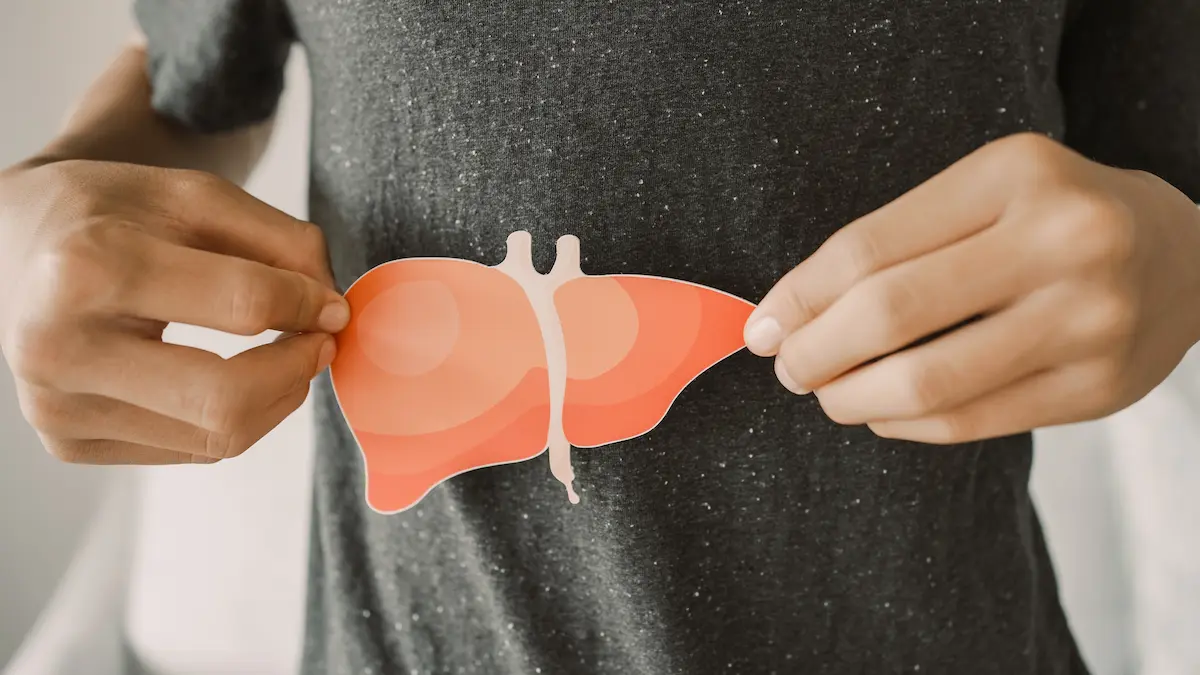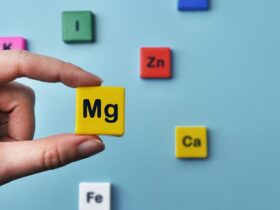The liver is one of the most robust organs in the human body, capable of extensive regeneration.
However, continuous alcohol consumption can severely hinder this ability, leading to conditions like hepatic fibrosis and cirrhosis.
This article will explore how ceasing alcohol intake facilitates liver recovery and discuss the timeline and benefits involved in healing.
Understanding Liver Damage and Regeneration Processes
Liver damage from alcohol manifests primarily as hepatic steatosis, an accumulation of fat cells that inflammation and long-term damage such as fibrosis can follow — a precursor to more severe issues like cirrhosis.
Nonetheless, the liver has a profound capacity for regeneration, but achieving full recovery highly depends on abstinence from alcohol.
- A systematic review in 2019 underlines total abstinence as critical for reversing alcohol-related liver lesions.
- Liver enzymes, indicative of liver health, stabilize back to normal levels within just a month of abstinence.
- Complete recovery from severe conditions like cirrhosis may take years but commences noticeably within months of not drinking.
Short-Term Benefits of Stopping Alcohol
The initial weeks after quitting alcohol provide signal flares indicating the beginning of liver recuperation:
- In as little as 30 days without alcohol, there’s typically a 25% reduction in hepatic steatosis.
- Visible health improvements often surface quickly; within two weeks, many individuals experience enhanced sleep quality, brighter skin, better digestion, and increased energy levels.
Milestones in Long-term Liver Repair
Liver regeneration is a gradual process with several important milestones along the way:
- Two years of abstinence have shown considerable regression in cases of hepatic fibrosis.
- After five years without alcohol, inactive cirrhosis was observed in as much as 61% of studied cases post-abstinence.
This progression underscores the necessity of extended periods without alcohol to halt and potentially reverse severe liver damage permanently.
Comprehensive Benefits of Quitting Alcohol
The advantages of refraining from alcohol consumption are comprehensive, affecting various aspects of physical and mental health:
- Improved Liver Function: A healthier liver improves overall metabolism and immuno-resistance against diseases.
- Enhanced Physical Health: Notable enhancements in digestive health, skin quality, and general vitality are common.
- Better Sleep and Mental States: Abstention tends to lead to deeper, more restorative sleep, reduced anxiety, and elevated mood states.
- Social and Emotional Gains: Many recovering individuals report improved personal relationships and social interactions, as well as increased psychological stability and satisfaction in life.
This holistic improvement significantly enhances life quality, proving that the journey of abstinence extends far beyond mere liver recovery.
Embarking on the Journey to Recovery
Making the decision to quit alcohol can be daunting, especially considering the challenges inherent in breaking entrenched habits.
However, the physiological redemption of your liver and an unequivocal boost in overall wellness substantiate this life-altering commitment. Here are a few steps to help initiate and sustain this vital transformation:
- Seek Professional Help: Consulting with healthcare providers about cessation programs or therapy can provide structured support.
- Set Clear Goals: Define short-term and long-term objectives regarding your health and well-being, making the benefits more tangible.
- Engage Support Networks: Leverage family, friends, or groups such as Alcoholics Anonymous for emotional and moral backing.
- Track Progress: Keeping a journal or log of your health changes and improvements can fortify your resolve and commitment.
- Educate Yourself: Understanding the risks associated with continued alcohol use can strengthen your determination to stay sober.
In concluding, walking away from alcohol yields undeniable regenerative effects on the liver, alongside vast improvements in other bodily functions and mental health.
It’s a challenging road, but the evidence-based rewards validate each step towards a healthier future.







